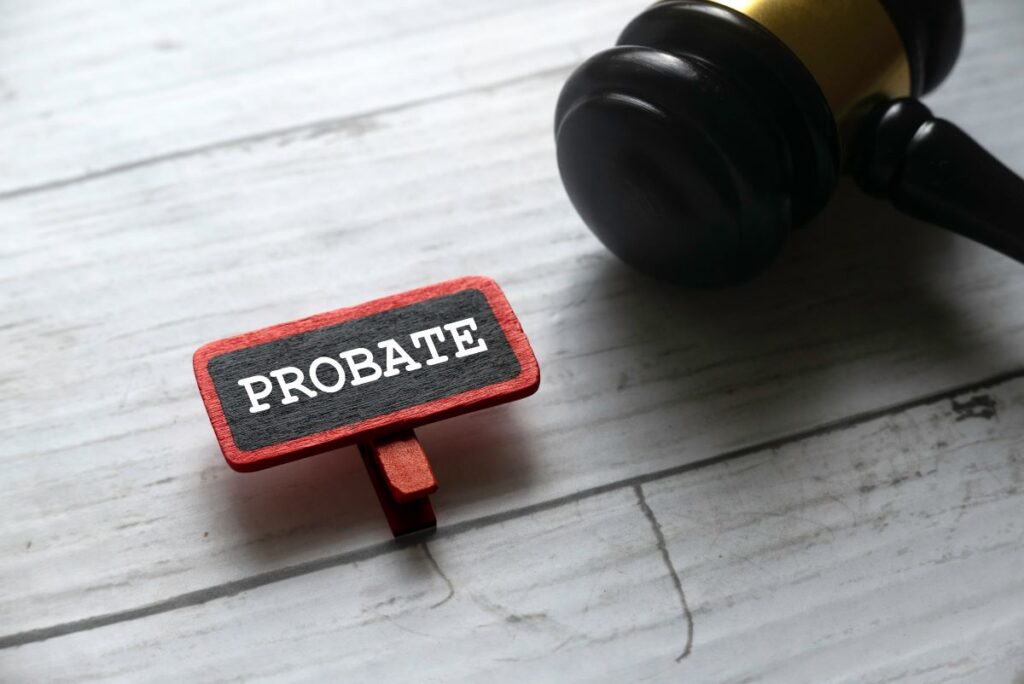The end of a divorce is often just the beginning of other necessary changes. After your divorce decree is signed, there are three critical actions you must take to ensure your financial and estate wishes are respected. These are 3 important steps to protect your estate after divorce.

1. Update Your Life Insurance Beneficiaries
Your life insurance policy beneficiary designation is a legally binding contract with the insurance company. This designation specifies who receives the proceeds after your death. If your ex-spouse remains listed as your beneficiary, the insurance company may be required to pay them, regardless of your divorce. While some states automatically revoke an ex-spouse’s designation upon divorce, it’s essential to update your beneficiary information yourself. This simple step ensures your intended recipient receives the benefit, as part of 3 important steps to protect your estate after divorce.
2. Change Beneficiaries on Retirement Plans
Retirement accounts can present unique legal issues regarding beneficiary designations. Unlike life insurance, federal law governs many retirement accounts, meaning that the last beneficiary named will receive the funds, even if they are an ex-spouse. Best case scenario would involve your loved ones suing to avoid this result. To avoid potential legal conflicts and protect your assets, it’s crucial to review and update these designations promptly to ensure your steps to protect your estate after divorce are effective.
3. Create or Revise Your Estate Plan
Divorce may significantly impact your estate plan, especially if you previously shared a joint trust with your ex-spouse. Following a divorce, you should create a new, individual trust to manage assets now solely in your name. You will need to select a trustee to oversee this trust and designate new beneficiaries as part of the 3 important steps after a divorce to protect your estate.
If you have minor children, consider who will manage their inheritance, as your ex-spouse may not be the preferred choice. Additionally, if you haven’t yet established an estate plan, now is an ideal time to do so. Your recent divorce likely gives you a clear understanding of your assets and their value, making this a convenient time to ensure your plan reflects your current wishes. These steps are part of the overall plan to protect your estate after divorce.
An estate plan can also include important documents like financial power of attorney and healthcare power of attorney. Even though some state laws may revoke an ex-spouse’s authority upon divorce, updating these documents helps avoid potential confusion and ensures that the right person is designated to make financial and medical decisions for you.
We’re Here to Help
Divorce can be a long process, but it’s essential to finish strong by taking the right steps for your future. Contact us today to help finalize the necessary changes to your estate and financial documents so you can confidently step into this next chapter, knowing the 3 important steps to protect your estate after divorce.

